Coronavirus: How to lose the lockdown weight
If ‘lockdown belly’ is suddenly making your jeans tighter, the experts offer simple steps to losing 6kg in a month.
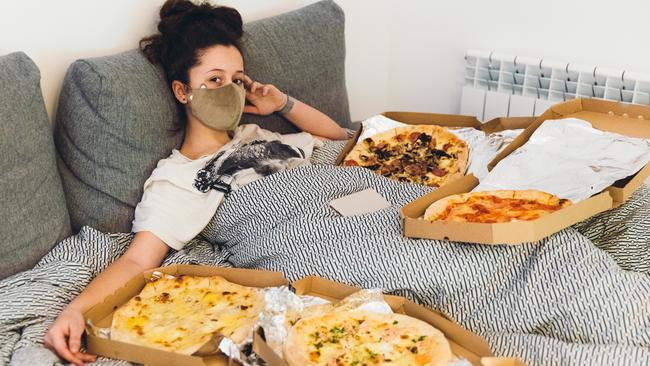
While lots of us have put on weight in recent weeks, Alan Titchmarsh has done the opposite. The 71-year-old British TV presenter says he has lost 6kg since the pandemic started, thanks to hours spent working on his 1.6ha of land without the help of his usual hired gardeners.
So could anyone do it? Roy Taylor, a professor of medicine and metabolism at Newcastle University in England, says it is “entirely possible” to lose 6kg within four to six weeks if your BMI is higher than the typically healthy range. And, what’s more, there is a “sure-fire, scientific route” to doing so. Here’s what the experts say.
Cut calories sharply at first
To lose weight safely, the advice has always been to lose no more than 1kg a week, but this is being challenged. “There’s never been any firm science behind the concept that the best way to lose weight is gradually,” Taylor says. “If you are above a healthy weight and have no medical issues, it’s entirely feasible and not at all dangerous to cut your calorie intake to 700 to 800 per day initially. This will result in rapid weight loss of as much as 3kg, or half a stone, in the first seven to 10 days.”
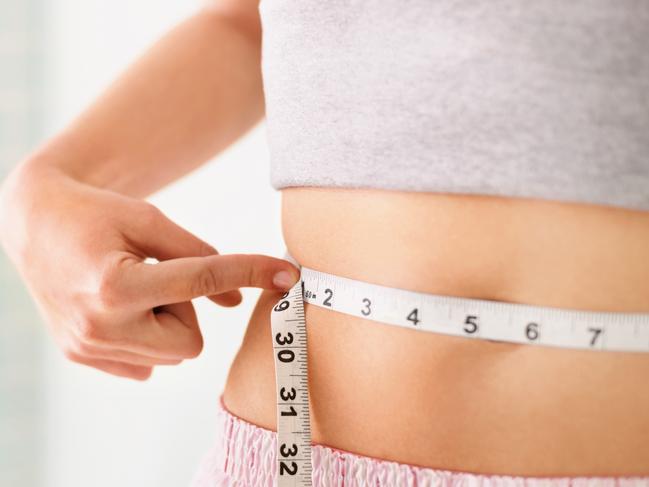
In clinical trials Taylor has found that most overweight or obese people on a very low-calorie diet lose as much 6kg in the first month.
“In the first week much of the weight lost is stores of glycogen, stored in the liver and muscle with water,” he says. Because of this, people lose about 1-2kg of weight as water. After that, weight lost is almost exclusively from fat.”
Eating such limited calories is not sustainable, so you need to create what Taylor calls an “exit plan”, for when your target weight is reached — a gradual return to normal eating. An eventual target should be about 1300 to 1500 calories for women and 1600 to 1800 for men. “This may contrast with standard advice (2000 for women, 2500 for men), but reflects what we find in practice in our studies of keeping weight constant after weight loss.”
It’s fine to skip breakfast
“Don’t think an early breakfast is a must,” Taylor says. “Around one third of the population manages to go until lunchtime with no more than a coffee, and that is a great way to reduce calorie intake. “There is absolutely no truth that eating breakfast first thing somehow improves your metabolism.”
Drink two or three cups of black coffee a day
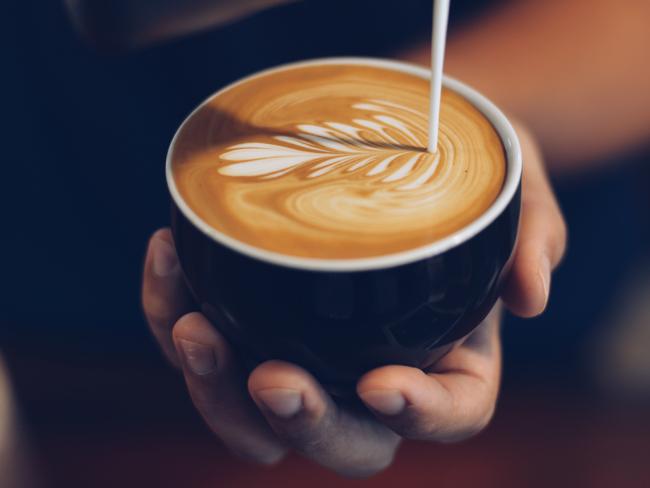
Researchers from Anglia Ruskin University reported that women who drink two or three cups of coffee a day have lower total body and abdominal fat than those who drink less. And 20 to 44-year-old males who drink two or three cups a day had almost 2 per cent less abdominal fat than non coffee drinkers. Dr Lee Smith, the lead author of the study, published in The Journal of Nutrition, says: “There may be bioactive compounds in coffee other than caffeine that regulate weight.”
It’s easier now to eat within an eight-hour window
Studies have shown that time-restricted eating (consuming all meals within about eight hours) can help people to lose weight. Two years ago researchers at the University of Illinois asked dieters to eat anything they liked between 10am and 6pm, but for the remaining 16 hours to consume only water or calorie-free drinks. After 12 weeks they were found to have consumed an average of almost 350 fewer daily calories than a control group and had lost almost 3 per cent more body weight.
With restaurants closed, it is easier to avoid eating a heavy meal too late in the evening. A study in the journal Obesity last year showed that eating dinner earlier improved people’s ability to switch from burning carbs to burning fat for energy. “The important thing is that you leave some time for moving around after your last meal,” Taylor says.

Change your jogging routine
Many who have turned to running in lockdown will have found their fitness and weight improved. Dr Javier Gonzalez, a human physiologist at the University of Bath, says that, compared with other aerobic activities, running burns the most calories in the least time. “Because running uses muscles all over, but particularly the large muscles of the lower body, it is a great calorie-burner,” he says. Even so, if you plod along the same route at the same pace you will hit a plateau.
Walking and cycling are great — but you need to lift weights
Many of us are making sure we walk, cycle or run. These will all help with weight loss, but to increase the effects you should add weights to your workout. In a study first published in November last year Australian researchers studied data from almost 1.7 million men and women and found that, while any form of exercise helps people to avoid serious weight gain, your chances of maintaining a healthy weight are increased if you combine cardio activity with some resistance training.
What to do to beat lockdown belly
Stress and anxiety can affect your hormone levels and exacerbate belly fat.
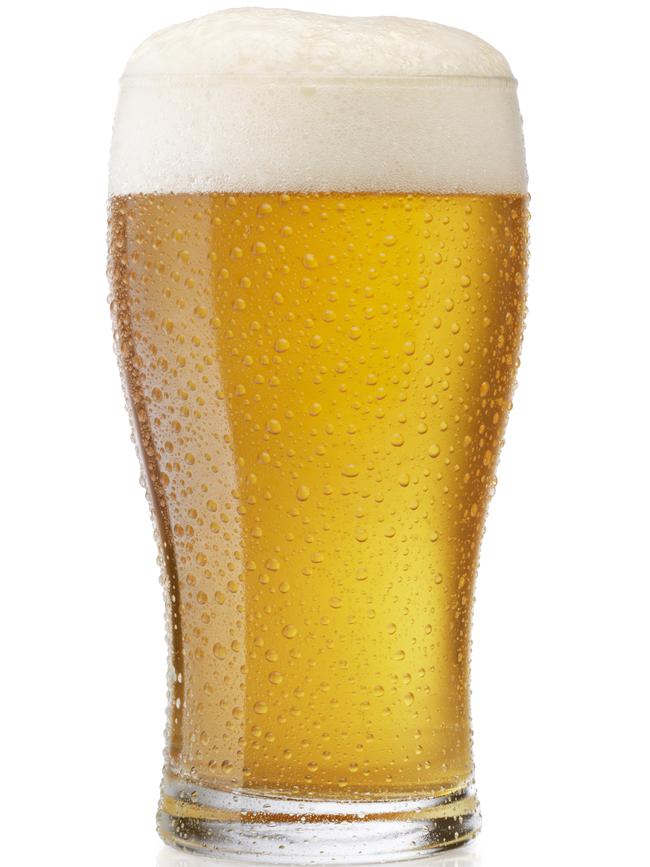
“Being stressed influences appetite hormones that make us want to eat more quick-fix foods that contain a lot of calories, but the stress hormone cortisol also suppresses our insulin sensitivity, which can mean that glucose in the blood is more likely to be converted into body fat,” the nutritionist Dominique Ludwig says. “The belly is a convenient place for the body to store this fat, and since fat there is able to manufacture the hormone oestrogen, our hormone levels can be further disrupted by flooding the body with more oestrogen than it needs.”
Ludwig says that as well as cutting out sugar and avoiding white bread, pasta, rice and processed breakfast cereals, try to eat half a plate of vegetables with each meal. “You need 200-250g, or two fistfuls, per meal, as vegetables nourish the body with nutrients and provide fibre,” she says.
Watch the alcohol intake
If weight starts to creep back on, you need to reassess. “This calls for honesty,” Taylor says. “Write down everything that passes your lips to see if you are snacking more or consuming more daily calories than you need. Alcohol is often to blame; a glass of wine can be at least 150 calories.”
The Times




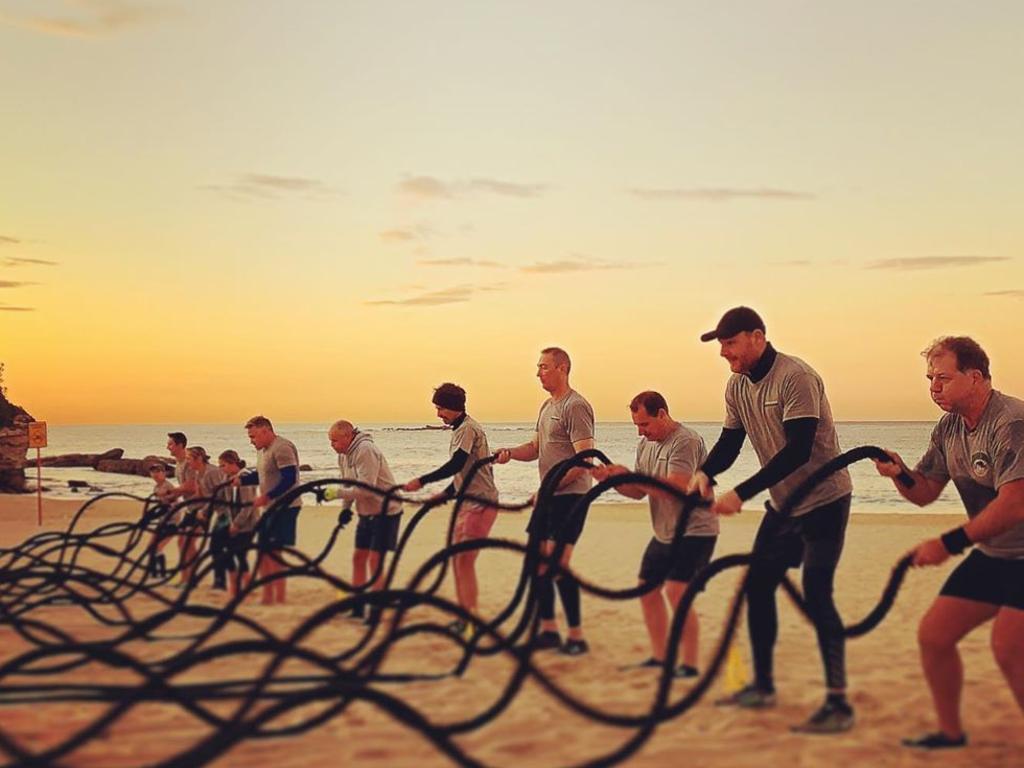


To join the conversation, please log in. Don't have an account? Register
Join the conversation, you are commenting as Logout